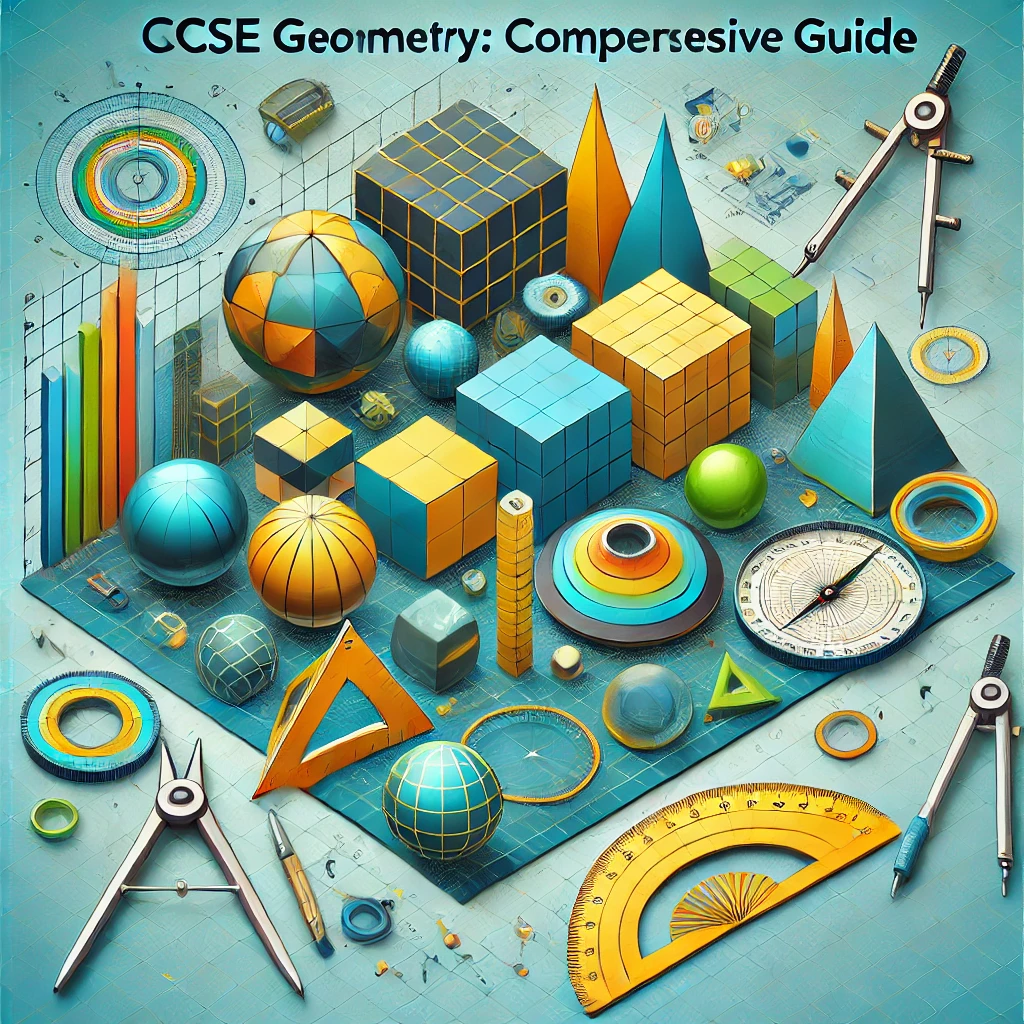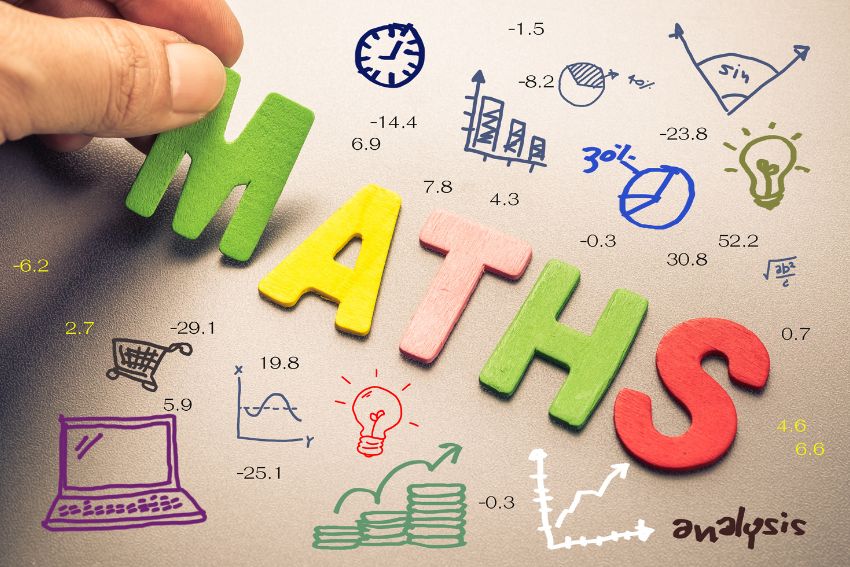Diving into secondary school Art and Design can be a fun adventure full of original ideas and telling your own story. Here’s a handy pathfinder to help you see just why it’s key to pick the suitable Art class at GCSE level, how to study an artist’s work in depth, and share advice for doing great in your artworks. With valuable info from best teaching materials, you’ll be ready to do well in your GCSE Art learning journey.
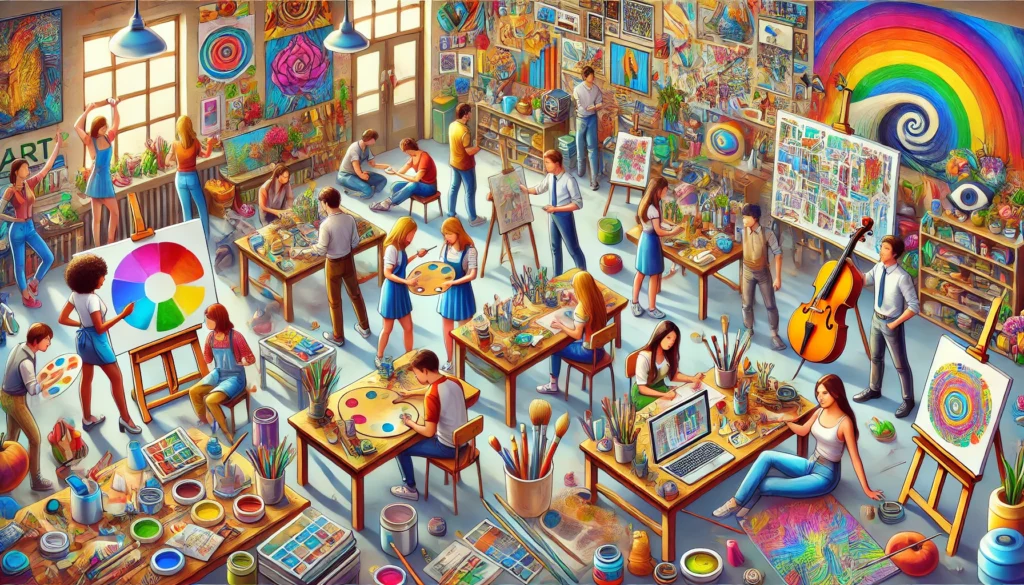
Why Choose GCSE Art and Design?
Going for Art and Design in your school exams can make learning fun and lively. For instance, programs like AQA’s school exam in Art and Design give you room to move around. Additionally, these programs help you explore different topics and thoughts that spark your imagination. AQA Art From Free Art to Pictures Talk, the variety of choices suit different likes and talents.
Skill Development and Progression
Studying GCSE Art is more than just mastering the brush or pencil. It also helps you become a better thinker and problem solver. You follow a set program, which includes projects like Portfolio and Externally Set Homework. These help prepare you for future study in things like AS-level, A-levels, or job-related learning routes.
Drawing
GCSE Drawing is super important in all types of crafts, arts, or design projects. When you draw something from looking at it closely, it’s clear that you’ve really paid attention to how big your subject is, what kind of shape they have, the way they look three-dimensional like if something looks round or flat and even little details!
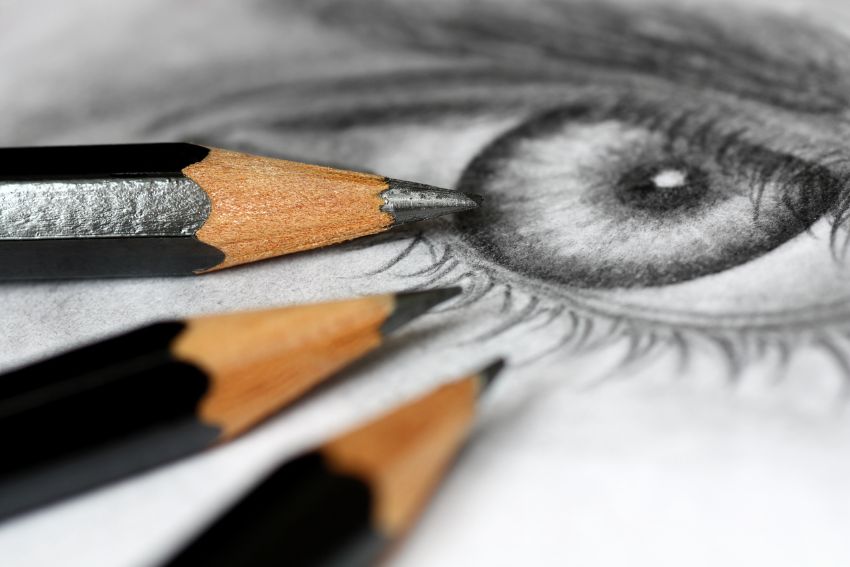
- Observe of what’s happening.
- Try playing with things like lines and shades.
- Share your feelings and out-of-the-box thoughts.
Painting
Art in GCSE also allows you to try your painting skills as much as possible. Painting involves using a brush to create an image, often of another person. This can be someone familiar to you and allows you the opportunity to express their appearance, feelings, and hidden narratives. This personal touch makes your painting deeply significant.
Or perhaps you feel drawn towards crafting breathtaking scenery within your mind’s landscape. Think about the quiet calmness during sunset on rolling green hills or the still peacefulness inside a forest illuminated by the early morning luminance. With every stroke of paint, one can communicate the immensity and quietude of nature.
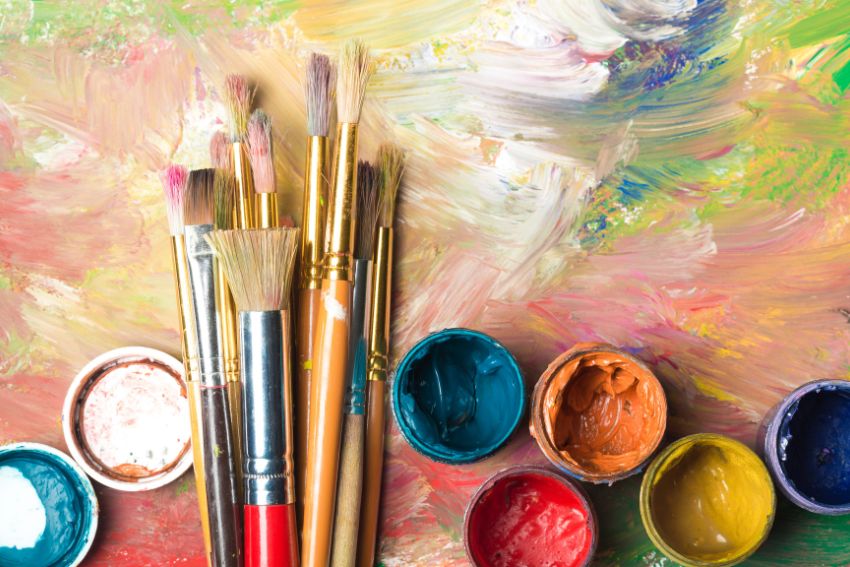
Furthermore, one more option is dipping into abstract artistry, where there are no boundaries or requirements for specific representations. The choices regarding hues, contours, and structures allow expressive freedom in showcasing emotions as per individual choice.
What sets apart between GCSE painting – abstract painting is that it focuses not on exact depictions but on feelings stirred within transforming it into an invigorating experience driving unabated imagination for creating artwork.
Photography
Lastly, to wrap things up, the study of Art in GCSE photography includes a vital and lively field in Photography. It gives students a complete rundown on this inventive subject. Moreover, this means looking closely at how cameras work, providing students with a good grip on the tech stuff and all sorts of cameras, from old-school films to current digital ones.
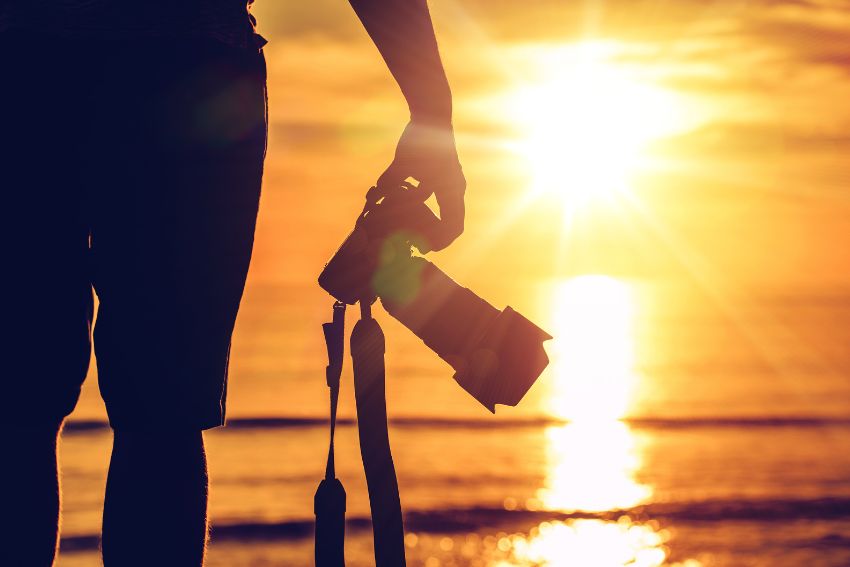
Students also get a feel for different photographic tricks and tips! They learn about framing an image properly, playing around with light effects, and perfecting their images after they’ve been taken; all key elements if they want to snap some head-turningly great shots.
Besides still photos, there’s so much more! The curriculum delves into film-making as well as animation. As such, kids can try working out moving visuals while grasping what makes stories powerful through motion pictures.
Even more impressively? Digital processes are equally important here! Students familiarize themselves hands-on with editing tools online which will help them make changes and play around artistically with the snaps they take.
Choosing the Right Artist
Firstly, choose an artist who touches your heart with their work. This will make digging up information about them more fun and important to you. Try finding artists that fit in with the subjects and thoughts you want to examine in your school art projects.
Gathering Information
First, start gathering bits of trivia about the life, schooling, and creative path of the artist. Moreover, high-resolution pictures showcasing their work and deep insights into how they let loose their creativity are key. Therefore, take advantage of trustworthy resources to collect a wealth of data that will give depth to your research.
Presenting Your Research
Make sure to arrange your project carefully. First, choose colours and design bits that match the style of the artist. Additionally, your display should have clear headlines, tidy handwriting, and proper language use for a neat look.Include your thoughts on the work of the artist, paying attention to how things are arranged in their work, colour patterns used, and methods applied.
GCSE Art Themes and Ideas

Studying Art in school lets you uncover numerous topics like who we are (identity), the natural world, city living, and ideas that aren’t easy to define. Furthermore, pick subjects that catch your interest and give plenty of room for imagination. You can shape your assignments around what you personally enjoy and what makes your school’s art classes outstanding.
Generating Creative Ideas
Think up different concepts during idea-sharing chats, brain-journeying, and trying out varied substances and methods. Seek motivation from day-to-day experiences, books, historical events, and modern artwork. Merging old-school techniques with fresh ideas can give birth to captivating and standout art activities.
Preparing for Assessment
Get to know the goals and what is being looked for in the evaluation. This understanding will help you plan and carry out your projects effectively. Show your talents in investigating, shaping, and sharing thoughts.
Utilising Resources
Use everything you’ve got to your advantage, things like old exams, reports from testers and model responses. Instruments such as the Upgraded Results Review can be used to spot areas that need a boost and accordingly, polish up your work.
Professional Development and Support
Support and help coming from seasoned educators and groups are important. Therefore, go to teacher harmonization meetups, attend after-school gatherings, and make use of advice outlets to pick up new ideas. Additionally, these resources can help you fine-tune your teaching ways Use no-cost materials provided by places like museums, art spaces, and learning institutions for a wider understanding of the arts.
Continuous Learning
Courses to help you grow as an educator can significantly improve your lesson-giving skills. Moreover, they prepare you for fresh duties. If you just started teaching, or if you’re already a guru in educating, the world of art teaching will always have new lessons for discovery.
Conclusion
Learning about GCSE Art and Design in your school lessons is not just about study; rather, it’s a journey to find and sharpen your imaginative skills. By picking the correct class, doing detailed homework on artists, and checking out all kinds of themes and ideas, you can, therefore, become great at studying art. Don’t forget, being excellent comes from learning all the time, making smart use of tools and materials available to you, plus having a love for creating stuff.
Edumentors tutors offering comprehensive and engaging GCSE Art courses. Tutors, from one of the top UK universities, are passionate about nurturing creativity and helping students excel. Join Edumentors now to explore your artistic talent and achieve outstanding results in your GCSE Art exams.
